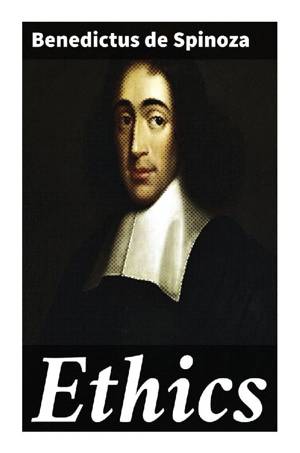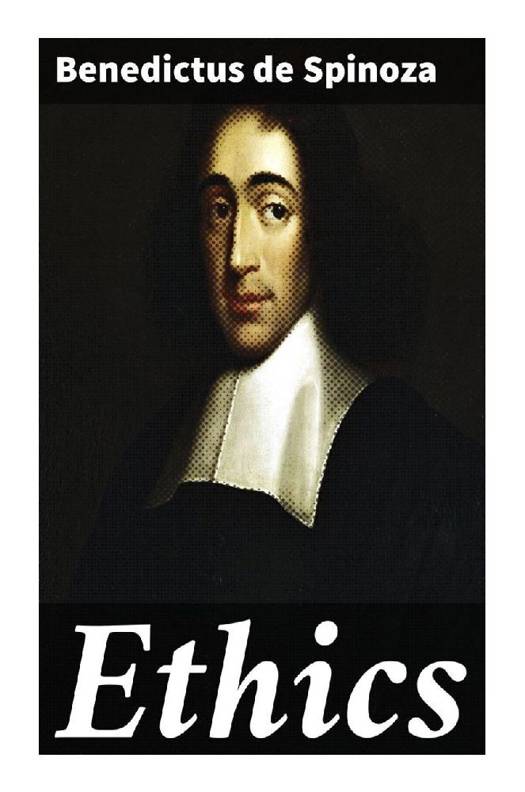
Door een staking bij bpost kan je online bestelling op dit moment iets langer onderweg zijn dan voorzien. Dringend iets nodig? Onze winkels ontvangen jou met open armen!
- Afhalen na 1 uur in een winkel met voorraad
- Gratis thuislevering in België vanaf € 30
- Ruim aanbod met 7 miljoen producten
Door een staking bij bpost kan je online bestelling op dit moment iets langer onderweg zijn dan voorzien. Dringend iets nodig? Onze winkels ontvangen jou met open armen!
- Afhalen na 1 uur in een winkel met voorraad
- Gratis thuislevering in België vanaf € 30
- Ruim aanbod met 7 miljoen producten
Zoeken
Omschrijving
Benedictus de Spinoza's "Ethics" stands as a monumental work in Western philosophy, intricately exploring the nature of existence, knowledge, and the human condition through a rationalist lens. Written in a geometrical format, Spinoza presents his arguments with rigorous clarity, positing that everything that exists is a manifestation of a single substance he identifies as 'God or Nature'. This unique approach intertwines metaphysics with ethics, challenging traditional notions of free will, morality, and the relationship between humanity and the divine. The work not only reflects the intellectual climate of the 17th century but also anticipates modern philosophical discourse, making it crucial for understanding the evolution of philosophical thought. Spinoza, born in Amsterdam in 1632 to a Jewish family, faced significant opposition for his radical ideas, particularly concerning religion and its moral implications. His background as a lens grinder and his meticulous study of classical philosophy informed his quest for understanding the universe's fundamental principles. This pursuit, coupled with challenges from both religious and secular authorities, propelled him to articulate a vision of an interconnected, deterministic universe where reason and emotion play pivotal roles in ethical behavior. "Ethics" is not merely a philosophical text but a transformative inquiry that beckons readers to reconsider their understanding of individuality, morality, and the cosmos. It challenges us to embrace a life guided by reason and virtue, making it indispensable for anyone seeking a profound comprehension of ethics and metaphysics. Anyone interested in the foundations of modern thought will find this book a vital and enlightening read.
Specificaties
Betrokkenen
- Auteur(s):
- Uitgeverij:
Inhoud
- Aantal bladzijden:
- 140
- Taal:
- Engels
Eigenschappen
- Productcode (EAN):
- 9788027286560
- Uitvoering:
- Paperback
- Afmetingen:
- 152 mm x 229 mm
- Gewicht:
- 215 g

Alleen bij Standaard Boekhandel
+ 21 punten op je klantenkaart van Standaard Boekhandel
Beoordelingen
We publiceren alleen reviews die voldoen aan de voorwaarden voor reviews. Bekijk onze voorwaarden voor reviews.











